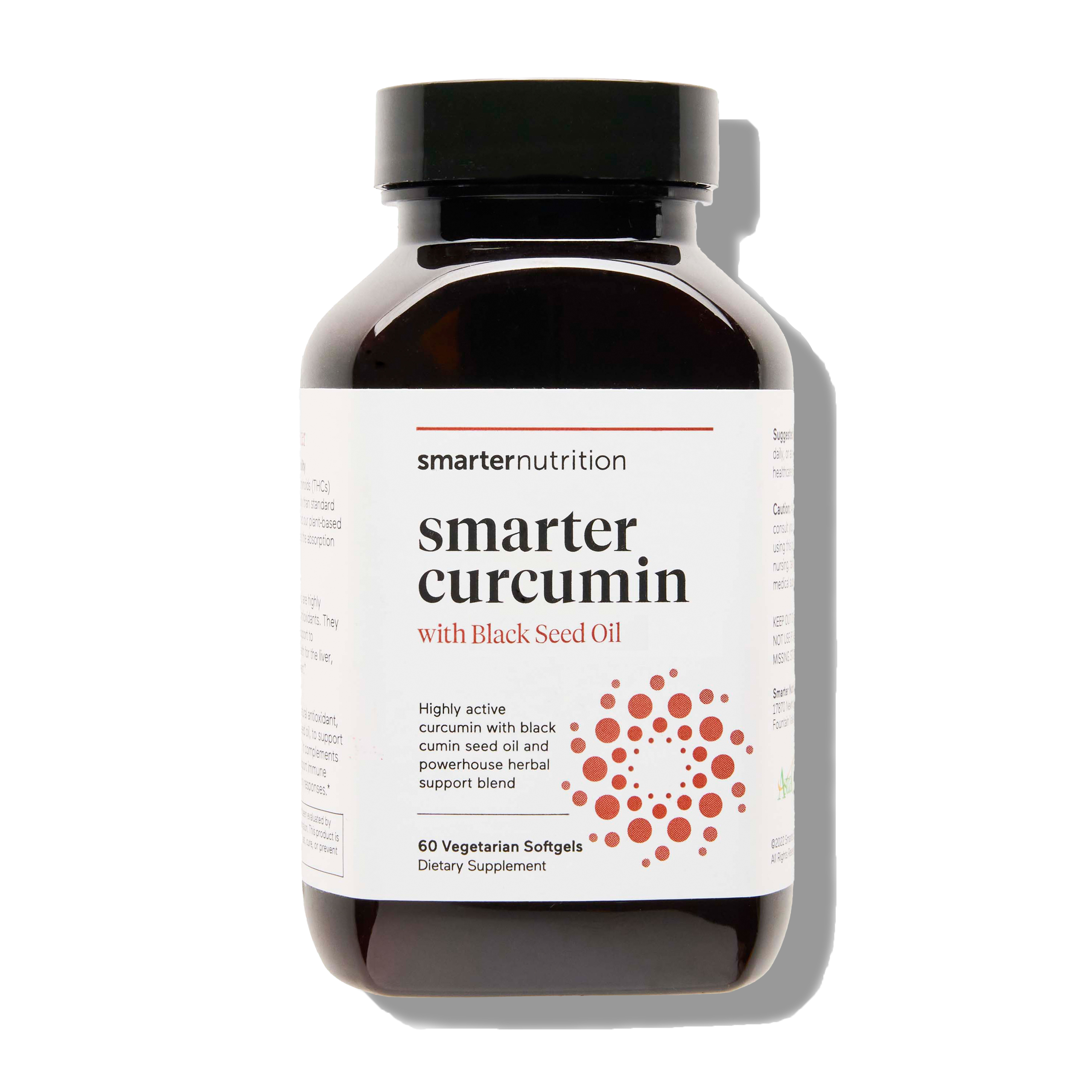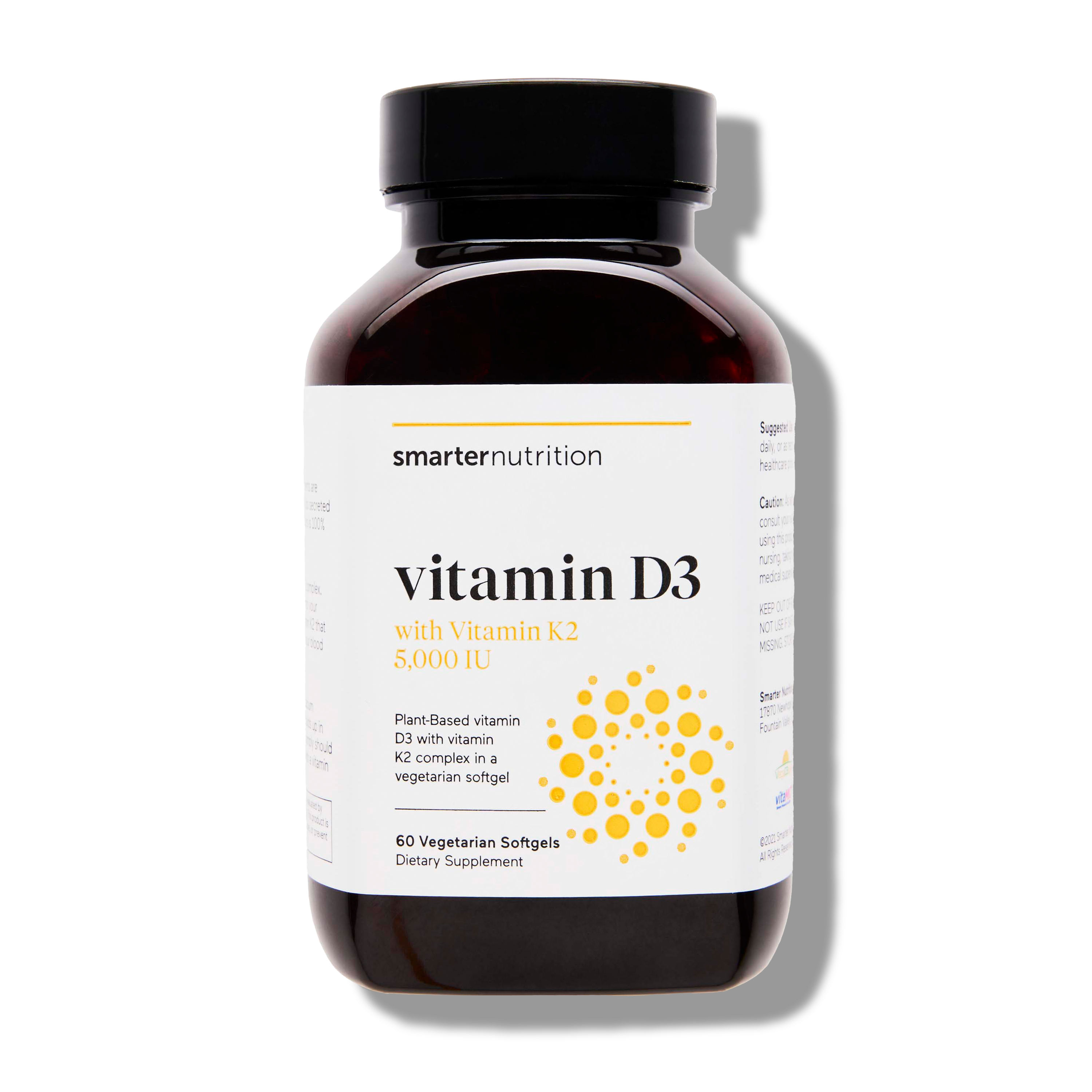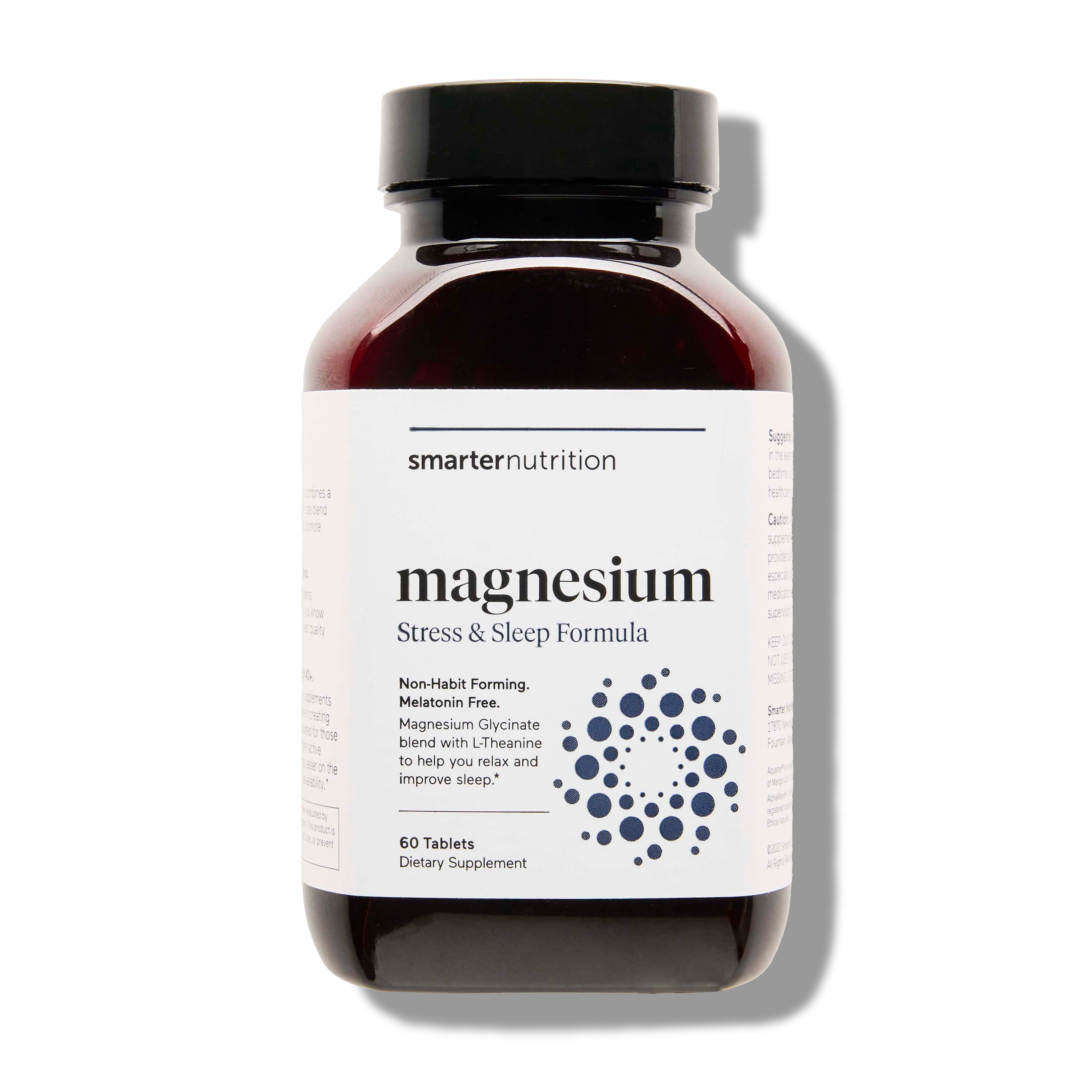6 Steps to Discourage Digestive Problems As You Age
It is a fact of life that our bodies and their processes change over the course of our lives. As we begin to experience the effects of aging, we might spend more nights in and fewer days running ourselves ragged. While you may feel this shift noticeably in your muscles and joints, the digestive system also changes in ways that are not as obvious.
Digestive processes occur primarily through muscle contractions, but when these processes slow down, the body absorbs more water from food and it’s more difficult for the bowel system to eliminate it. Additionally, the stomach starts to produce fewer enzymes, which are vital for normal digestion. When the stomach lacks these digestive components, it can be difficult to tolerate certain foods and medications and instances of constipation, diarrhea, and acid heartburn may become more common. The digestive system can be temperamental when balances are upset, but there are ways to help support it for graceful aging.
1. Eat a Balanced, High-Fiber Diet
Eat good, feel good; it can be as simple as that! When you eat foods that are good for you, your body is more likely to feel its best. Instead of using restrictive terms like “diet,” try aiming to enjoy fresh, wholesome food at every meal. A balance of fruits, vegetables, whole grains, and protein is recommended, but there are a few items that are particularly beneficial to prioritize:
- Fiber: Eating more fiber as we age is extremely important because it acts as a natural lubricant for the digestive system. It’s recommended that men eat at least 30 grams and women eat at least 21 grams from high-fiber foods like fruit, vegetables, whole grains, and beans.
- “Good” Fats: Getting healthy fats from foods like salmon, avocado, walnuts, coconut oil, and olive oil can help the body absorb vitamins and minerals from vegetables more easily.
- Lean Protein: While protein is essential, lean cuts like skinless chicken breast, certain types of fish, and pork tenderloins may be easier to digest.

2. Drink Plenty of Water
Drinking water is essential to maintaining normal digestive processes. Water not only helps break down food so that your body can absorb its nutrients, it also helps prevent constipation. Staying well hydrated and eating enough fiber helps to keep stools soft and substantial so that they can pass smoothly through the bowels for easy elimination.
3. Maintain a Consistent Eating Schedule
Eating breakfast, lunch, and dinner around the same time each day can help your body digest food more easily. If you regularly experience bloating and heartburn, it could be because you’re eating too quickly or not allowing enough time for digestion between meals. Eating five to six small meals spaced throughout the day may help encourage more comfortable digestive processes.

4. Get Moving
When you get up and move, your body can stimulate your intestines to get moving too. During exercise, the body increases blood flow to the digestive system, enabling the muscles inside to move your food through the digestive tract. Low-impact activity can also promote the proliferation of “good” bacteria that is associated with immunity and weight loss. In fact, one study found that women who exercised for at least three hours per week, had increased levels of “good” bacteria.
5. Brush Your Teeth
Oral hygiene has a direct impact on what’s going on in your gut. The mouth contains over 700 different microbes, including bacteria, viruses, and fungi. The bacteria in your mouth can travel into your gut through your saliva. Some digestive issues can be linked to oral hygiene problems like:
- Excessive Cavities
- Bad Breath
- Gum Disease
Gum disease can be especially harmful because the bacteria associated with it is resistant to stomach acid and can wreak havoc on the gut. Constantly swallowing this harmful bacteria can cause an imbalance in the gut microbiome and may provoke inflammation in the intestines.
Maintain your oral health by brushing your teeth at least twice a day, flossing regularly, and visiting the dentist twice a year. Gum disease isn’t always obvious, but maintaining a regular dental exam schedule helps dental care providers identify and treat the signs in their early development stages.

6. Add Supplements to Your Diet
As we age, our bodies don’t recover as quickly as they did in our younger years. Supplements can be a great way to help maintain normal processes for continued health and wellness.
-
Enzymes: Starting in our 60s, our stomachs start producing fewer enzymes, which are critical for digesting all types of food. When food isn’t digested properly, it can cause cramps, bloating, diarrhea, or constipation.
To help support normal digestion, Smarter Enzymes is formulated in a vegetarian capsule with crucial enzymes like amylase, lactase, and lipase. Our formula also includes AstraGin®, which may help increase nutrient absorption.* -
Probiotics: The gut is home to thousands of types of bacteria that help support digestion and immunity. However, as we age, the number of beneficial bacteria starts to decrease while the amount of harmful bacteria tends to increase. When these bacteria become unbalanced, consuming probiotics can help encourage natural regulation processes for the reestablishment of a normal state. When the gut microbiome is balanced, probiotics can help support the absorption of nutrients and encourage normal immune system activity.
While foods like yogurt and sauerkraut contain probiotics, it can be difficult or undesirable to include them in your diet on a daily basis. Smarter Gut Health is formulated with naturally shelf-stable, soil-based probiotics that are highly resistant to stomach acid for safe passage to the intestines. This supplement also includes prebiotics for additional probiotic support, and MCT and flaxseed oils to help support normal bowel functions.* -
Curcumin: Sometimes harmful bacteria can get out of control and damage the gut’s barrier, which may lead to inflammation. Curcumin, an active compound in turmeric, has been utilized for thousands of years thanks to its support of normal inflammation processes and the body’s natural defenses against invasive microbes.
Smarter Curcumin is a highly concentrated curcumin extract formulated with black pepper seed oil and AstraGin® to help aid absorption, and ginger to support digestion.*
For best results, we suggest using all three! Choose Smarter Nutrition’s Gut Pro Trio Bundle to stock up and save.
Sources
- Laurance, E. The Sneaky Reason Why Getting Older Can Lead to Digestive Problems—And What To Do About It. Well + Good. 2021.
https://www.wellandgood.com/aging-and-digestion/ - Mayo Clinic. Chart of High Fiber Foods. 2021.
https://www.mayoclinic.org/healthy-lifestyle/nutrition-and-healthy-eating/in-depth/high-fiber-foods/art-20050948 - Healthline. Preventing Digestion Problems. 2018.
https://www.healthline.com/health/digestive-health-maintenance - Monda, Vincenzo et al. Exercise may modify gut microbiota. Oxidative medicine and cellular longevity vol. 2017 (2017): 3831972. doi:10.1155/2017/3831972
- Bressa, Carlo et al. Differences in gut microbiota. PloS one vol. 12,2 e0171352. 10 Feb. 2017, doi:10.1371/journal.pone.0171352
- Olsen, Ingar, and Kazuhisa Yamazaki. Can oral bacteria affect the microbiome of the gut? Journal of oral microbiology vol. 11,1 1586422. 18 Mar. 2019, doi:10.1080/20002297.2019.1586422
- Moyer, Melinda W. Gut Bacteria as you get older. Scientific American. 2021.
https://www.scientificamerican.com/article/gut-bacteria-change-as-you-get-older-and-may-accelerate-aging/ - Norris, Taylor. What’s the Connection Between Probiotics and Digestive Health? Healthline. 2018.
https://www.healthline.com/health/probiotics-and-digestive-health - Prasad S, Aggarwal BB. Turmeric, the Golden Spice: From Traditional Medicine to Modern Medicine. In: Benzie IFF, Wachtel-Galor S, editors. Herbal Medicine: Biomolecular and Clinical Aspects. 2nd edition. Boca Raton (FL): CRC Press/Taylor & Francis; 2011. Chapter 13. Available from:
https://www.ncbi.nlm.nih.gov/books/NBK92752/




